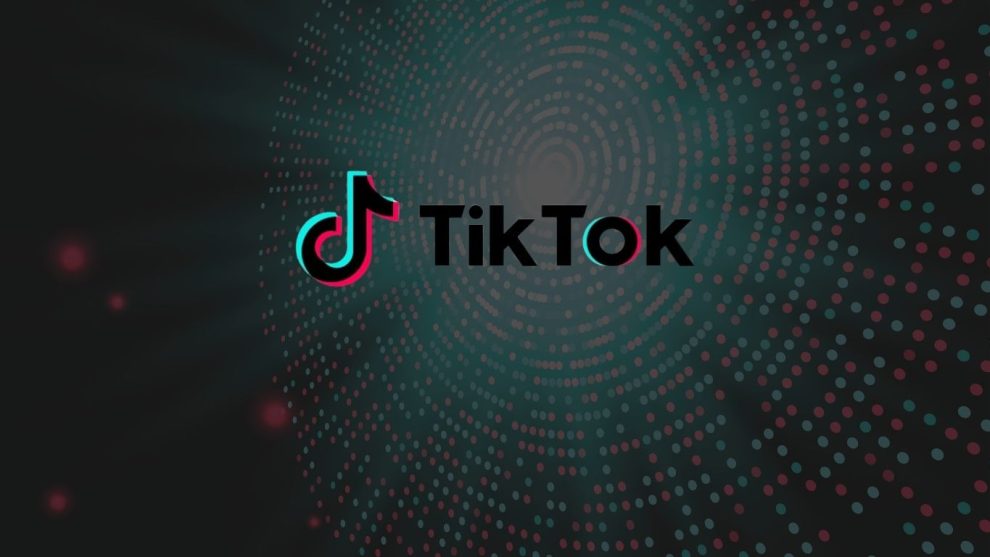In a move that comes after a barrage of accusations regarding geopolitical bias, TikTok has taken steps to restrict its Creative Center tool, which assesses the popularity of trends on the platform. The decision, reported by The New York Times, follows criticism of the platform’s handling of content related to the war in Gaza.
The Creative Center, initially designed to assist advertisers in identifying the most popular hashtags on TikTok, has faced scrutiny from researchers and lawmakers who alleged that TikTok was inadequately moderating content on its platform. As a result, TikTok has disabled the search function and links for hashtags associated with the war in Gaza and other political events within the Creative Center.
TikTok has now shifted its focus within the Creative Center, limiting the sharing of data to the top 100 hashtags in different industries and topics, excluding subjects related to the ongoing conflict and U.S. politics.
TikTok has recently faced allegations of both pro-Palestinian and anti-Israel bias, with criticism coming from various quarters, including business figures, influencers, Jewish organizations, and members of Congress. Notable celebrities such as Sacha Baron Cohen and Amy Schumer have also voiced their concerns about the platform.
Furthermore, TikTok has been accused of being influenced by Beijing, with claims that geopolitical topics suppressed within China were not adequately represented on the platform when compared to Instagram. TikTok refuted these allegations, stating that the report making these claims used “a flawed methodology to reach a predetermined, false conclusion.”
As TikTok continues to grapple with accusations of bias and misinformation, the platform’s efforts to refine its content moderation and data tools have come under intense scrutiny, highlighting the challenges of maintaining a balanced and unbiased social media ecosystem in today’s globalized world.


